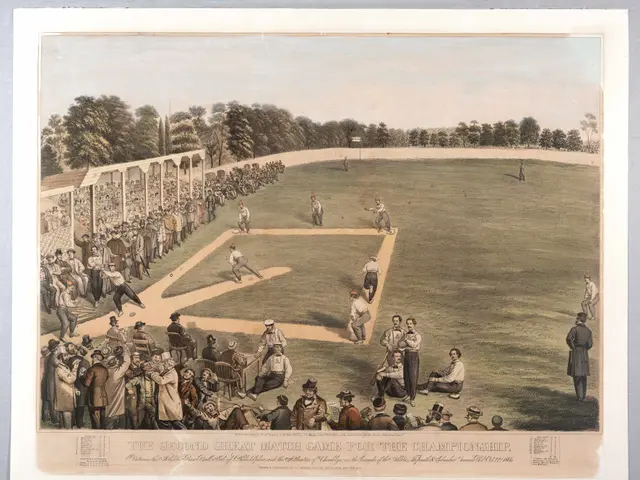Parliament ultimately conceded to enabling collective actions
In a move that couldn't be put off any longer, the French Parliament finally approved a law on April 3, tailored to align with EU regulations, making it easier for victims of similar wrongdoings to band together and seek justice.
Simply known as the "Collective Legal Action Law," this law is a significant step towards strengthening consumer protection, among other things. It's essentially an updating of existing rules to meet EU directive 2020/1828, a text that was supposed to be integrated into French law by December 25, 2022. However, when the bill was finally presented, it had undergone substantial modifications, initiated by the rapporteur for opinion of the law commission, Philippe Gosselin (The Republicans, LR, Manche).
Gosselin, no stranger to the intricacies of group actions, has seen firsthand their weaknesses. As early as 2020, he and his colleague, Laurence Vichnievsky (MoDem, Puy-de-Dôme), highlighted the flaws in this legal instrument introduced by the Hamon Law in 2014. They proposed 13 reforms, noting that only 21 group actions had been initiated and none had yet resulted in a professional being held accountable.
Insight: The Hamon Law of 2014, a brainchild of Benoît Hamon, revolutionized consumer law in France. It enabled group actions to more effectively protect consumer rights by streamlining the process of addressing common issues. However, details on specific reform proposals made by Philippe Gosselin and Laurence Vichnievsky and their impacts on the Hamon Law's implementation remain scarce.
Typically, approved associations in fields like consumer rights, health, environment, or trade unions initiate group actions in France. The primary aim is to ensure that these actions are undertaken by serious, competent, and representative groups, thereby minimizing frivolous or profit-driven lawsuits. However, the system faces challenges due to the limited number of authorized associations and their sometimes insufficient financial resources.
The revised law, while a step in the right direction, may face scrutiny and further revisions as the implications unfold. For now, it's a victory for consumers and a significant milestone in French legislation.
- Philippe Gosselin, the rapporteur for the Collective Legal Action Law, deposited his proposed reforms in April, which included addressing disappointing aspects of the 2014 Hamon Law.
- By amending existing provisions, the revised policy-and-legislation aims to enhance rapporteur Gosselin's reforms and integrate them into French law, aligning with EU regulations.
- The general news of the approval of the Collective Legal Action Law has sparked debate in politics, with some expressing disappointment about the departures from the original Hamon Law proposals.
- The future of this law may involve further revisions, as the policy-and-legislation takes effect, with the trade unions and consumer rights associations playing a crucial role in monitoring its impact and ensuring its success.









